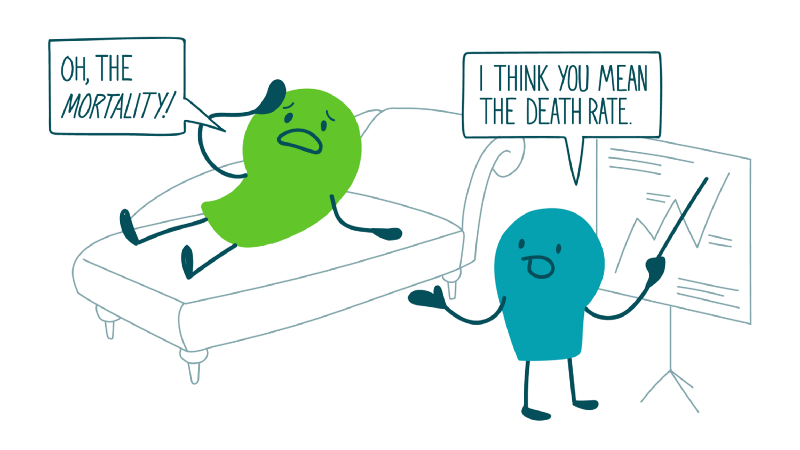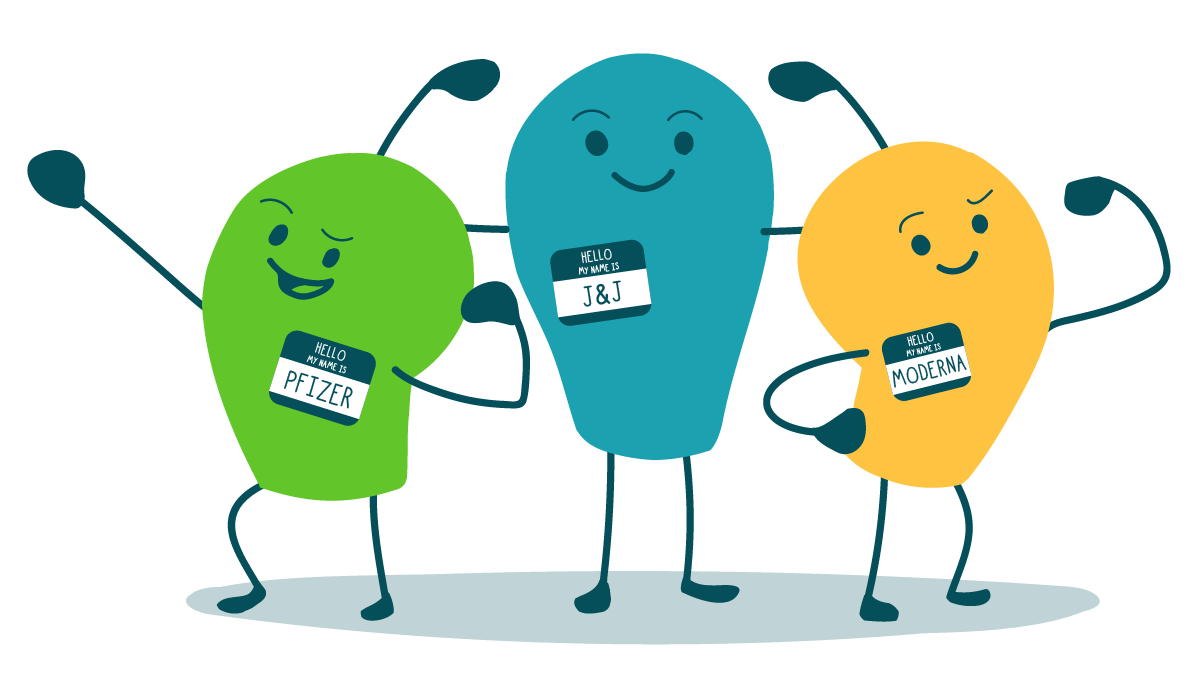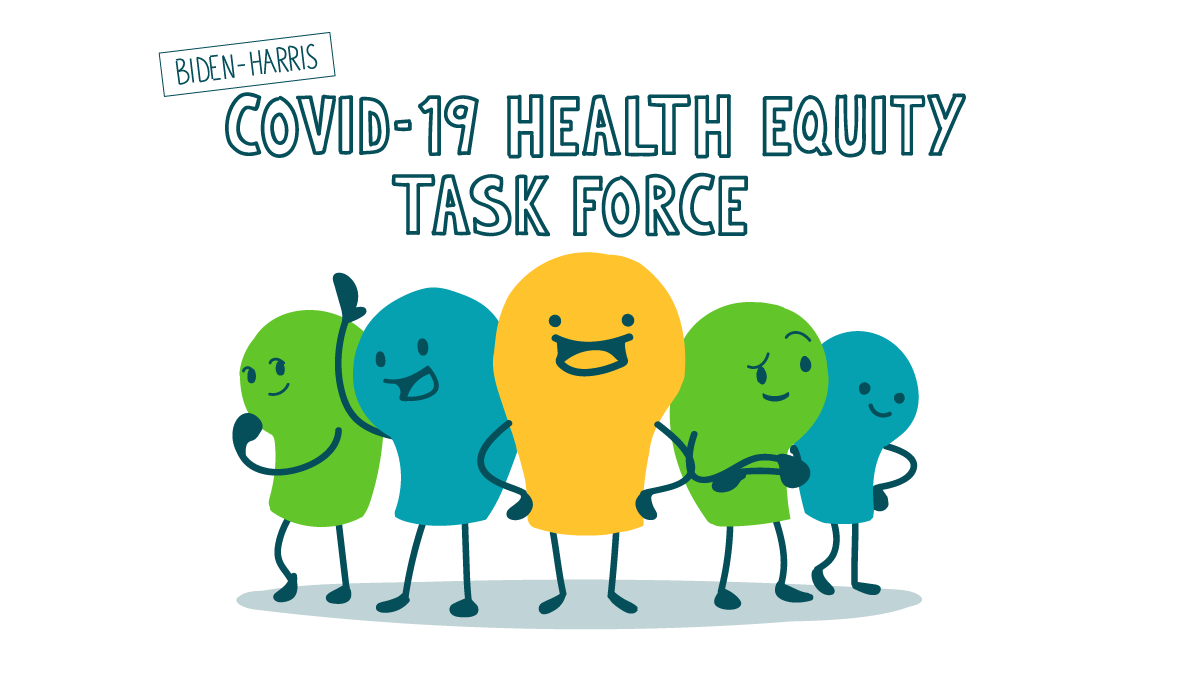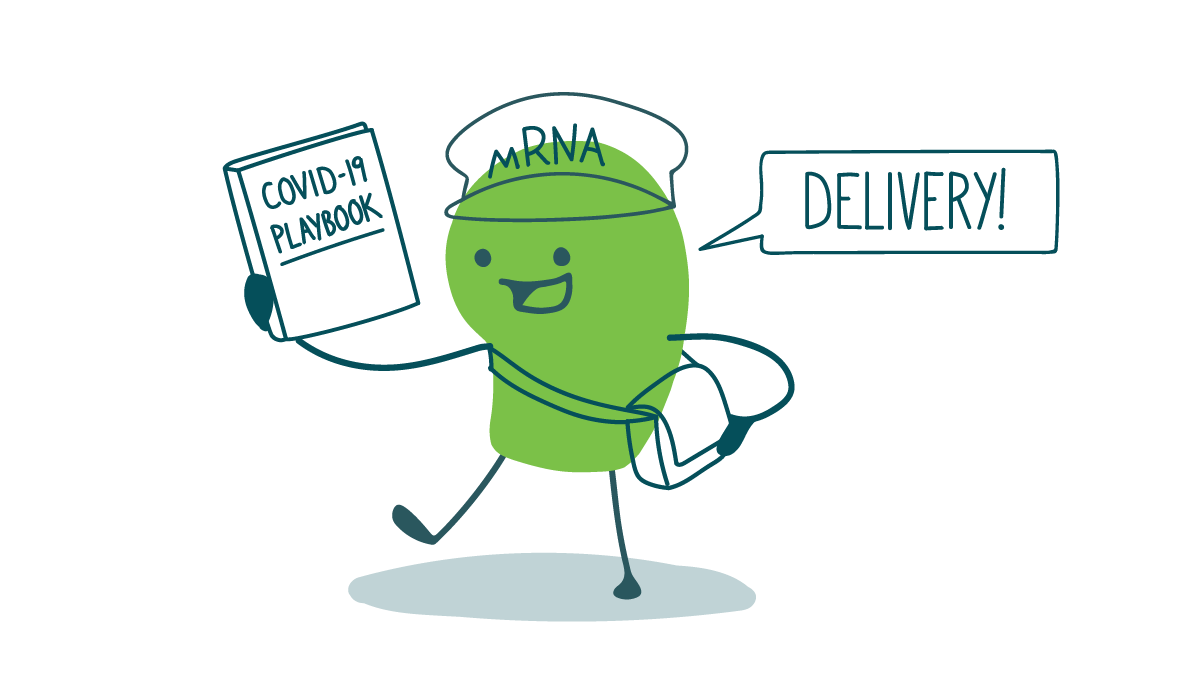
It’s hard to believe, dear readers, but the COVID-19 pandemic has been dominating headlines and newscasts for nearly a year. And that means we’re coming up on a year of being inundated with a lot more public health jargon than we’re used to.
Since the start of the pandemic, we’ve covered lots of COVID-related terms (antibodies! hygiene! isolation/quarantine/social distancing!). And this week, we want to take it back to basics and talk about 2 terms that are public health staples. We know it might pain you (and your public health degree) to think ill of these words — but if you’re in the business of communicating to consumers, they really have no place at the table. That’s right, this is our PSA to health communicators everywhere: stop using “morbidity” and “mortality.”
“Morbidity,” as you probably know, refers to having a disease or the symptoms of a disease — it’s often used to talk about the rate of disease in a population, just like “incidence.” And in health comm, “mortality” usually means death rate — the number of deaths in a specific group of people in a specific time frame.
These terms are right at home in, say, a weekly CDC report for professionals, but they don’t belong in plain language health materials. And that’s okay! Because they’re both super easy to swap out — or even skip altogether.
Instead of:
- The COVID-19 mortality rate is highest among adults ages 85 and older.
- Cigarette smoking is a common cause of morbidity in the United States.
- Vaccines will reduce morbidity and mortality from COVID-19.
Try:
- Adults ages 85 and older are most likely to die from COVID-19.
- Cigarette smoking is a common cause of disease in the United States.
- People who are vaccinated will be less likely to get sick with COVID-19 — and less likely to die if they do get sick.
See? Simple!
The bottom line: In plain language health materials, skip “morbidity” and “mortality.” (If you’re up to your elbows in your public health master’s thesis, knock yourself out.)
Tweet about it: “Morbidity” and “mortality” don’t have a place at the #PlainLanguage table, says @CommunicateHlth. Learn more: https://bit.ly/3ibTUKC #HealthLit
Browse recent posts


